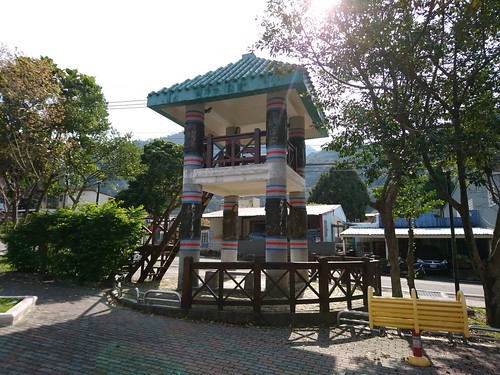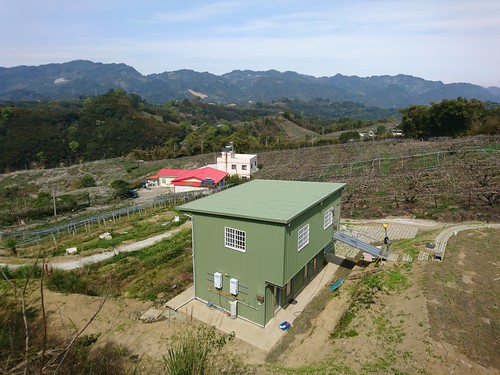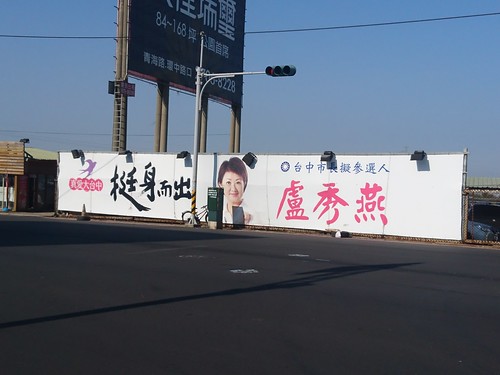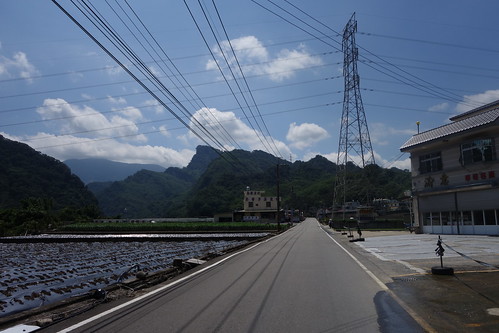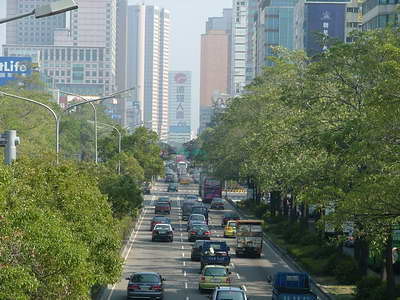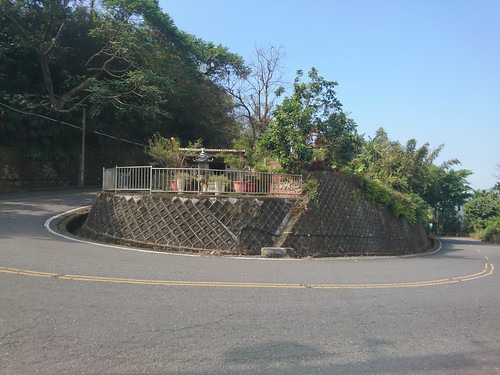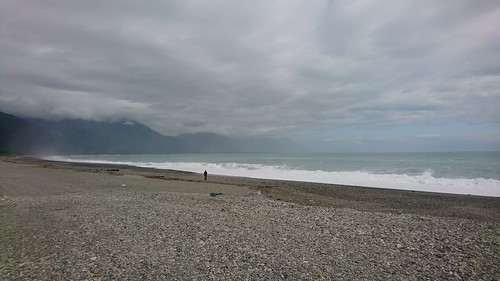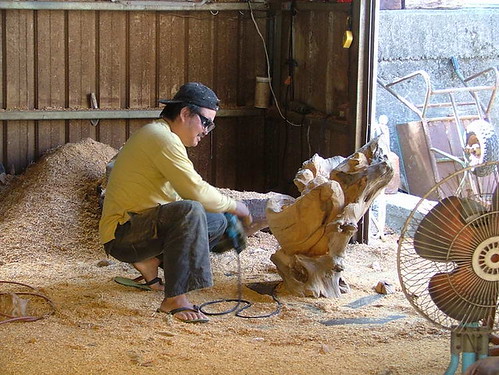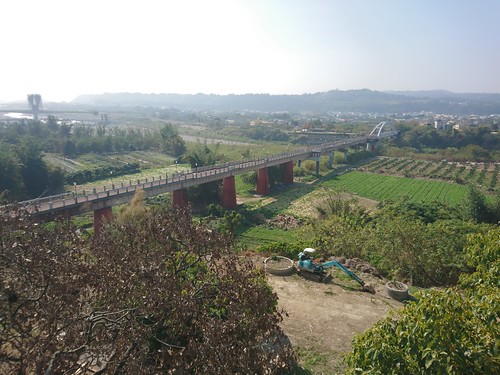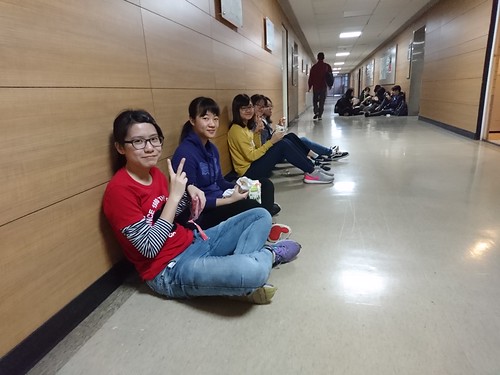So much commentary on Xi's assumption of imperial power... This live blog on the CCP Spring Gala, the annual craptacular, pointed out something interesting....
In general, this year's show's focus on Taiwan is really remarkable; not just in terms of singers coming from Taiwan but also the sketches using storylines that include Taiwan. It is especially noteworthy that this sketch's title is "homecoming" or "returning home", suggesting the 'homecoming' of Taiwan to the mainland....scary, not remarkable. As my man Donovan noted in a piece at News Lens this week:
Xi clearly intends to not just be a powerful leader, but one who goes down in history. The Chinese people have grown accustomed to strong economic growth, but that alone won’t qualify Xi as a historic leader.Yup. Not many cases of one-man rule of powerful states that don't involve foreign wars. Xi is probably looking at Putin in Ukraine and Crimea and thinking he ought to do that.... who would do anything if China occupied Bhutan, for example? Taiwan is hardly the only small state in China's sights...
This is where the terrifying part lies. Xi may consider actions purely for glory that his more institutional predecessors wouldn’t or couldn’t have.
This should make China’s neighbors very nervous. An absolute ruler of a massively powerful nation with ambitions to enter history is potentially very dangerous and unpredictable. China wants the Senkaku Islands from Japan, several border areas from India and to consolidate power over the South China Sea. But the obvious big prize to achieve glorious “reunification” of China and finally end the “century of humiliation” would be to take Taiwan.
Jenna observes that Taiwan is the Canary in the coal mine, and it is getting hard to breathe. Taking her cue from Donovan, she expands.....:
It's just that Westerners are afraid of using them to describe China (or really any non-Western/non-white nation) for fear of seeming - or being labeled - racist. They're afraid someone will say they don't understand how the historic injustice of white privilege means that anything non-white people do can't be considered the same, or as bad, as anything white people do. (A worldview which has its uses, and which I am often sympathetic to, but which doesn't apply here.)One aspect of China's power: Taiwanese face discrimination from Chinese when they don't kow-tow. This NYT piece describes a problem I have heard complaints about for years. Chinese in other countries who employ Taiwanese abroad fire them if they don't say Taiwan is part of China. Let us recall something else: small businesses are favored espionage, intelligence, and covert action operations for North Korea and historically, for other Asian countries, as a friend pointed out, and it is likely that many of these small businesses are fronts... or are terrified that if they do not enforce annexation ideology, they or their relatives back home will be punished.
That's really all it is - it's a race thing. All they need to do is take their old frameworks, dust 'em off and apply 'em to a regime that happens to be Asian. There's nothing new or uncharted about it. Just stop being afraid of criticizing China because someone might think you're racist if you criticize shitty things non-Western powers do, and call China's actions what they are using words you already have.
Of course the Vatican is considering switching recognition to China. I wonder if there is a hidden factor: the decline of the KMT. The Church has been aligned with the authoritarian party in Taiwan, not with the democracy party. Now that it is out of power, there is less of a pull toward Taiwan.
The M503 air route controversy continues to echo through the commentariat. This is the sturdiest and most useful piece, on the security issues surrounding the M503 route. The pro-China/KMT pieces have a common theme: the 1992C. For example, consider this distortionate piece here at Taiwan Insight, ironic considering it provides no "insight" at all:
Given the unrealistic nature of these arguments against the M503 route, hostile rationalization is the closest answer to them. No matter what the Mainland does, it will be interpreted by Tsai government and its core supporters as malicious. It is a Cold War mentality. Nevertheless, Cold War is over. This anachronistic mentality is a hazard to Cross-Strait relations. If Tsai really wants to negotiate with the Mainland, 92 Consensus is the magic word. In fact, according to various polls, over 50% of Taiwanese people support 92 Consensus. Many of them also voted Tsai. After all, most Taiwanese are ethnic Chinese. China is a historical and cultural concept and is not equal to PRC. Keeping this in mind and the current Cross-Strait deadlock can be overcome overnight.The entire piece is geared not at explaining the M503 route issue but getting in that last idea about the fictional 1992 Consensus. The reader is to be left contemplating that. Similarly, over at the National Interest KMTer Charles Chen urked up:
Xi does not trust Tsai, nor does he feel obligated to negotiate or just communicate with her about his decisions on Taiwan affairs. Xi was willing to cooperate with Ma for a singular but simple reason: Ma’s mainland policy was based on the 1992 Consensus—which recognizes one China but allows different interpretations—and was at least against the eventual separatism of Taiwan. In Xi’s unprecedented summit meeting with Ma in November 2015 in Singapore, Xi defined this “agreement of disagreement” as the “anchor” of cross-Strait relations and made it the highest doctrine in his Taiwan policy. Yet Tsai has so far rejected this Consensus. Xi has therefore chosen to dominate Tsai, instead of cooperating with her.The "1992 Consensus" was mentioned in several other paragraphs. The point of this M503 offensive by KMTers is to keep in the media the idea that the real problem is Tsai and everything would be solved if she followed the 1992 Consensus. This is so deeply ingrained that Ma's former Premier Jiang Yi-hua wrote a piece on the Taiwanese identity for Lowell Dittmer's recent edited volume on Taiwan and China (free from Luminos) in which the final paragraphs are dominated by kvetching about the lost 1992 Consensus. This constant mentioning of the 1992C is the kind of staying on-message that KMTers understand without having to be told.
The 1992C was never about relations with China. Relations under Ma would have been exactly the same with or without it. It was just Ma and the KMT creating a euphemism to say that Taiwan is part of China, without saying it directly so as not to offend voters.
The hilarious aspect of using the air route to tout the 1992 Consensus is how absurdly wrong it is. The pieces above steadfastly ignore the reality that Ma had the 1992 Consensus yet had not one but FOUR new air routes shoved into the Taiwan Strait by China in 2015 (M503 began testing then). O yeah....
Look for more of these pieces, ending always with the wholly fictional 1992C. Any excuse to mention it.
The Tsai Administration shuffled that Cabinet again. As many observers noted, it was a case of musical chairs. There was some speculation that it was about satisfying the hardliner independence types. That speculation is normal -- all changes appear to be about that -- remember when Tsai appointed William Lai as premier to satisfy those hardliners? *sigh*
Although I have often pointed out how "upgrading" the useful vocational colleges, which produced many small business founders in the old days, was economically destructive, the TT pointed out an aspect of them I did not know. Amid an article pointing out that the nation's agricultural sector is desperate for workers, it said:
In central Taiwan, the sort of workers needed in the agriculture sector are similar to those needed by the manufacturing sector, but most workers go for the latter because it offers better pay, he said.The low pay in Taiwan is slowly eroding the nation's economy. Think anything will be done? Not as long as big business controls economic policy in Taiwan...
The nation’s vocational colleges changed into technological universities about two decades ago, which deeply affected the agricultural sector because most high-school graduates enter service industries instead of agriculture, Lee said.
Municipalities that rely on agriculture have been urging the government to improve the shortage of labor.
The Yunlin County Government since 2013 has been asking the Ministry of Labor to allow foreign laborers to be employed by farms or to allow the manufacturing industry’s foreign workers to help out on farms in their spare time.
________________
Daily Links:
- WAY COOL: This liquefaction map of Taiwan can tell you if your house will shake to death in a quake...
- MERICS on China's authoritarian advance and Europe.
- Steve Bryen, part of the 2016 election observation mission, on why America needs a new Taiwan policy.
- Brian H observes that the toilet paper panic has real roots in low salaries and conglomerate control of the economy.
- The Diplomat: Taiwan's Vanishing History
- Strategic Vision, latest issue out
- Top China strategist bemoans the lack of KMT commitment to unification.
- China, so petty, forces a hotel in Mauritius to call off a Hakka cultural event.
[Taiwan] Don't miss the comments below! And check out my blog and its sidebars for events, links to previous posts and picture posts, and scores of links to other Taiwan blogs and forums!
